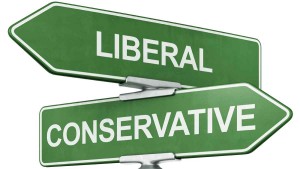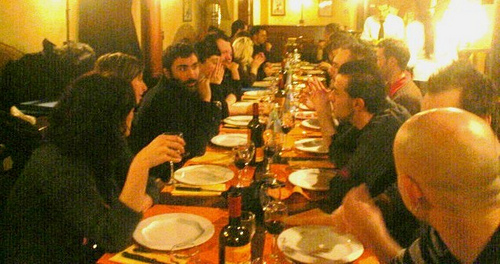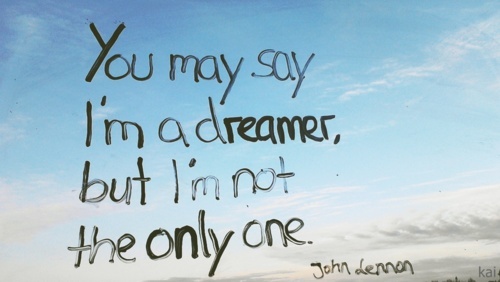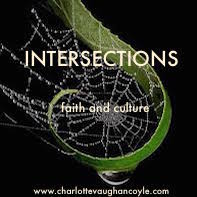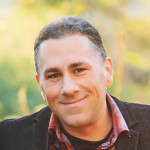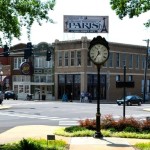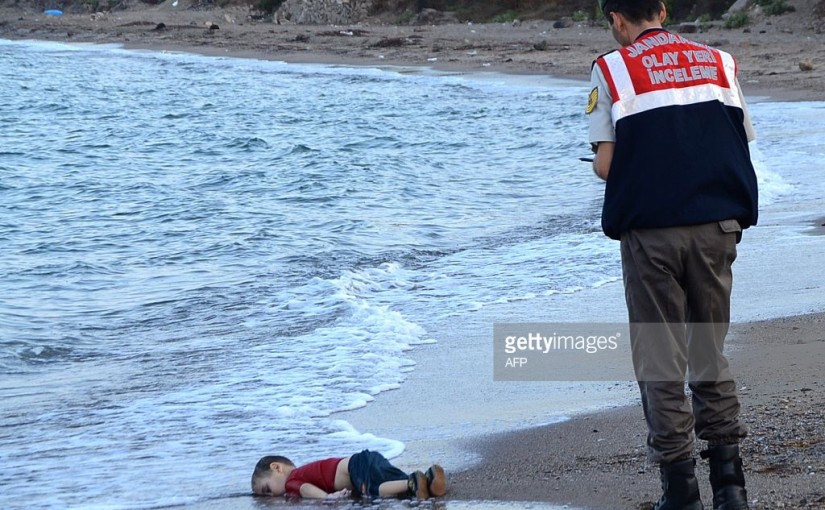Conversations about religious liberty continue to stir the pot of our public dialogue. Some presidential hopefuls and other public figures say Christianity is under attack and Christian freedoms are being threatened. Since I am a Christian minister in relationship with a wide range of Christians across this nation, I can say confidently: “Baloney.”
It’s not freedom that is being challenged; it is privilege.
Many other Christians across the Liberal to Conservative spectrum agree with me. Although the self-centered, tribal voices of privilege get more attention in news stories and news feeds, there are countless Christians who are speaking up in favor of an appropriate balance between Church and State. Many Christians are on front lines across America arguing that the religious and civil rights of all our citizens should be the undergirding principle of our public policies.
One of the more impressive, articulate voices speaking out to counter the hyperventilation of the Religious Right might be considered a poster boy for Conservative Christianity: 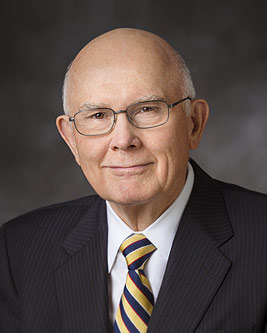 Elder Dallin H. Oaks of the Church of Jesus Christ of Latter Day Saints. In a speech at a Court/Clergy Conference in Sacramento, Mr. Oaks laid out his premise:
Elder Dallin H. Oaks of the Church of Jesus Christ of Latter Day Saints. In a speech at a Court/Clergy Conference in Sacramento, Mr. Oaks laid out his premise:
I begin by speaking of the inevitable relationship between two different realms: the laws and institutions of government on the one hand and the principles (or “laws”) and institutions of religion on the other…
My thesis is that we all want to live together in happiness, harmony, and peace. To achieve that common goal, and for all contending parties to achieve their most important personal goals, we must learn and practice mutual respect for others whose beliefs, values, and behaviors differ from our own. As Justice Oliver Wendell Holmes observed, the Constitution “is made for people of fundamentally differing views.”
Differences on precious fundamentals are with us forever … This does not anticipate that we will deny or abandon our differences but that we will learn to live with those laws, institutions, and persons who do not share them.
There should be no adversariness between believers and nonbelievers, and there should be no belligerence between religion and government. These two realms should have a mutually supportive relationship…
Two things stand out to me: 1) Government and Religion have an “inevitable relationship” and 2) “Differences on precious fundamentals are with us forever.” Two inevitabilities.
Some religious people wish that their own personal Religion should be established and privileged by the Government; some non-religious people wish Religion would go away altogether. Neither of these things will ever happen in a healthy USA. Religious faith will never go away as long as humans exist AND the Constitution presumes and guarantees the free exercise of religious faith within our society.
Our Constitution notes the “inevitable relationship” that has existed since our beginnings and outlines how Religion and Government should interact appropriately within American society. Thomas Jefferson (in a private letter) thought of it as a “wall” of separation; Mr. Oaks thinks it is more realistically a “curtain.”
Our current public discussion must continue to focus on the “hows” of the relationship. Certainly there is to be no “establishment” of religion by official forms of government, but how do we dismantle the historic societal privilege of one religion within this increasing multicultural, multi-religious culture? How do we work together to create a society where we can “live together in happiness, harmony, and peace?”
As a progressive Christian minister, I celebrate the diversity I experience within my Christian community, across my interfaith community and throughout my secular national community. 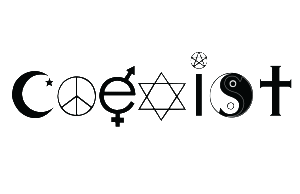 That wasn’t always true. I was raised as a judgmental Fundamentalist, moved on to become a more generous Conservative and am grateful these days to be an inclusive, welcoming Progressive.
That wasn’t always true. I was raised as a judgmental Fundamentalist, moved on to become a more generous Conservative and am grateful these days to be an inclusive, welcoming Progressive.
For many Christians, diversity is for celebrating but for others, diversity is intimidating. Nevertheless, these differences among us are “inevitable” and “with us forever.” As Justice Holmes noted: our Constitution “is made for people of fundamentally differing views.” I am very grateful for that truth.
Mr. Oaks’ voice is significant within this conversation about religious liberty for another reason besides his leadership within the Mormon faith community; he also understands this issue from a civil and legal angle. Oaks has served our country as a law clerk to Chief Justice Earl Warren of the United States Supreme Court, as a prosecutor in the state courts in Illinois, and as a justice on the Utah Supreme Court. Therefore, I sit up and take notice when he says:
Believers should also acknowledge the validity of constitutional laws. Even where they have challenged laws or practices on constitutional grounds, once those laws or practices have been sustained by the highest available authority, believers should acknowledge their validity and submit to them. …
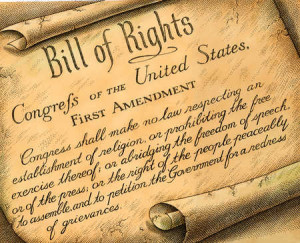 For religious citizens, a significant part of authentic religious freedom is our right to politic for public policy within the public arena. But once laws are passed or when the Supreme Court rules on a law’s constitutionality, then all citizens are expected to obey the laws or suffer the consequences; religious citizens are not exempt.
For religious citizens, a significant part of authentic religious freedom is our right to politic for public policy within the public arena. But once laws are passed or when the Supreme Court rules on a law’s constitutionality, then all citizens are expected to obey the laws or suffer the consequences; religious citizens are not exempt.
Elder Oaks offers three wise suggestions, three general principles for walking (what he terms) the “center path:”
* First, parties with different views on the relationship between church and state should advocate and act with civility…
* Second, on the big issues that divide adversaries on these issues, both sides should seek a balance, not a total victory…
* Third, it will help if we are not led or unduly influenced by the extreme voices that are heard from contending positions…
Current day Christians would do well to remember our history: during the first three centuries of our movement, Christians mostly came from the under class and under belly of society, surrounded on every side by people whose beliefs, values, and behaviors differed from their own. It was in that decidedly unprivileged position that Christianity thrived. I say “thrived” not in a sense of power but in the sense of service: Christians went about the business of loving their neighbors, serving the poor, welcoming the stranger, caring for the least among them…
If we Christians continue to demand our Constitutional rights, then it seems to me we ought to be using those generous religious liberties to proclaim a faith that is actually authentic to the gospel and to actually practice a faith that is beneficial to our world.
Current day Christians would do well to remember (and to follow once again) the One whose name we wear: the Christ who abandoned privilege. The Christ who sought out relationship with “tax collectors and sinners.” The Christ who sacrificed his own personal freedoms out of self-giving love for others.
Elder Dallin H. Oaks: “The Boundary Between Church and State”
Second Annual Sacramento Court/Clergy Conference
Sacramento, California
October 20, 2015
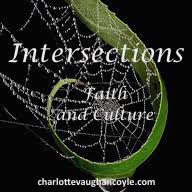 Charlotte Vaughan Coyle lives in Paris TX and blogs about intersections of faith, culture and politics on her website and Intersections Facebook page. She frequently shares her thoughts with Coffee Party USA as a regular volunteer.
Charlotte Vaughan Coyle lives in Paris TX and blogs about intersections of faith, culture and politics on her website and Intersections Facebook page. She frequently shares her thoughts with Coffee Party USA as a regular volunteer.
Charlotte is an ordained minister within the Christian Church (Disciples of Christ) and also blogs about Scripture from a progressive Christian approach in her Living in The Story Musings.
Save
Save
Save
Save
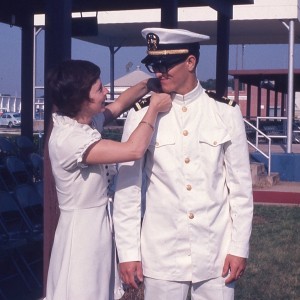 We were not much more than children in 1975 but his time in the Navy grew us up. It introduced us to a larger, more complex world than we had ever experienced before. We traveled and enjoyed friendships with remarkable, passionate, smart people. We both believed we were doing something big, important and honorable.
We were not much more than children in 1975 but his time in the Navy grew us up. It introduced us to a larger, more complex world than we had ever experienced before. We traveled and enjoyed friendships with remarkable, passionate, smart people. We both believed we were doing something big, important and honorable.



